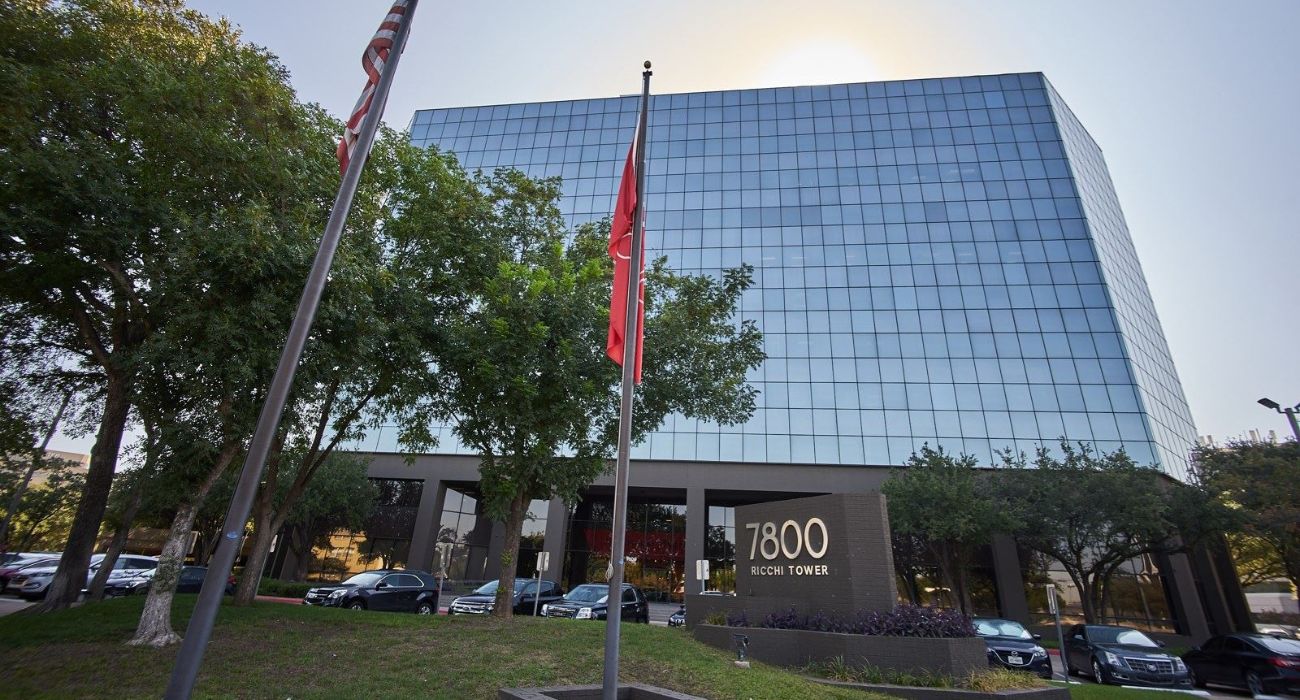After lively debate and conversation, the Dallas City Council approved a new initiative to secure rental units for the homeless and vagrant population.
The agenda item consisted of a one-year contract with the local advocacy organization Housing Forward, which stands to cost Dallas taxpayers $3 million.
Housing Forward seeks “to serve as a collective voice for homelessness in Dallas and Collin Counties” and claims to have “the expertise, partnerships, and resources to lead a system-wide, data-driven strategy to solve homelessness in our community.”
The contract between the City and Housing Forward will deploy $3 million of taxpayer funds to “secure rental unit availability (e.g., hold fees, landlord incentives, rental application fees).” Money for the item had been set aside back in September 2022.
During Wednesday’s meeting, Council Member Cara Mendelsohn (District 12) pulled the item from the consent agenda and moved to defer it until after the summer recess. She said she considered the contract with Housing Forward to be more of a rental assistance program instead of a master lease program as was initially proposed.
Mendelsohn argued that the extra time would allow members to familiarize themselves with the proposal, review the contract, and make suggestions. Additionally, she objected to the nature of the agreement, suggesting that when the money had been initially set aside, the intention was to create a master leasing initiative to help homeless people or vagrants who cannot get approved for an apartment rental.
Pointing to the title of the contract, Mendelsohn said, “This is a rental assistance program and is completely different from master leasing. … The agenda item says master leasing, not rental assistance.”
“What this was meant to do was solve a specific problem,” Mendelsohn added. “The agenda item is not styled properly. So I’m asking to defer this until August because I am happy to work with you over the break. … We didn’t allocate $3 million for rental assistance.”
Assistant City Manager Kimberly Tolbert pushed back against Mendelsohn’s interpretation, claiming that the proposed contract was indeed a master lease program and not simply rental assistance.
“We used the term master leasing because we want to acquire units in bulk,” Tolbert asserted. “What it does not do is have the City serve as the potential landlord. … We did not follow the HUD definition of master lease.”
The resolution explains that “master leasing services” that will be provided by Housing Forward include “facilitating access to rental subsidies on behalf of clients,” “managing, coordinating, and aligning all aspects of tenant occupancy,” “securing the availability of rental units,” “negotiating 12-to-24 month lease up plan with the owner or property manager on behalf of Program participants,” and “increasing the availability of rental units (in bulk) to rapidly meet the needs of the City’s homeless or unsheltered populations.”
Housing Forward will work to connect landlords and homeless people, using taxpayer funds to advocate for the person and incentivize the owner. However, any lease would ultimately be in the formerly homeless person’s name.
“If the individual is contracting with a landlord, that is not a master lease program,” Mendelsohn insisted, pointing out elements in the contract.
Christine Crossley of the City’s Office of Homeless Solutions explained that the leases would be under the name of the formerly homeless person so they could start building a rental history to make it easier to successfully get a lease in the future.
“The goal of having someone housed … is to build rental history,” she noted. “It is more beneficial to start where we need to end. … Otherwise, all we are doing is pushing the problem down the road.”
Other members opposed deferring the item, insisting that the contract needed to be approved as quickly as possible.
“I see an increase of homelessness … we really need to have as many tools to address this,” Council Member Carolyn King Arnold (District 4) said, indicating her support for the program. “It is killing our neighborhoods.”
For his part, Council Member Paul Ridley (District 14) also expressed concern about the proposal’s language. “I don’t know what this program is now,” he said.
Crossley responded, claiming that the program would not provide rental assistance but use taxpayer money to secure units in bulk. She stated that the funding is meant to retain the units and assure landlords that the tenants would be vouched for.
“So Housing Forward acts as the advocate for potential tenants to get them into housing? … So you’re not using this money to subsidize rents?” Ridley asked. Crossley confirmed that the council member understood the program correctly.
After several members objected to Mendelsohn’s motion to defer the position, suggesting she was just trying to stall the proposal, Mayor Eric Johnson cautioned against casting such aspersions.
“I think we should be careful about impugning the motives of our colleagues. … It’s not as productive as arguing on the merits,” he added.
After further discussion, the motion to delay failed, and a motion to pass the initiative was made.
“We are rushing to pass this without having a briefing and without anyone having read the contract,” Mendelsohn protested. “I’m sorry it offends some people to wait for five weeks.”
Still, several members, including Council Member Jesse Moreno (District 2), spoke in favor of the item and thanked staff for the plan. Council Member Omar Narvaez (District 6) also thanked staff for the program, calling it a “labor of love” and highlighting the elements of the program he appreciated.
“This is just another tool in the toolbox which is going to help rapid rehousing,” he continued. “I want to thank all of my colleagues for a robust conversation. … Dallas is leading the way on this issue.”
However, a recent survey conducted by the City suggested that many residents think Dallas is going in the wrong direction. Survey results also found that homelessness was ranked as the biggest problem in Dallas, followed by crime, drugs, bad infrastructure, and panhandling.
One respondent claimed the City is “encouraging homelessness and panhandling and illegals because they don’t do a damn thing about any of it and, in fact, try to make these people comfortable at the expense of the tax payers.”
Dallasites shared a similar sentiment in polling conducted by The Dallas Express, pointing to homelessness, vagrancy, and panhandling as serious issues in the city.
Respondents looked favorably upon a potential solution to these problems that has been successful in San Antonio, where the nonprofit Haven for Hope has partnered with the city to geographically centralize homeless services into a “one-stop-shop” area.







Trackbacks/Pingbacks